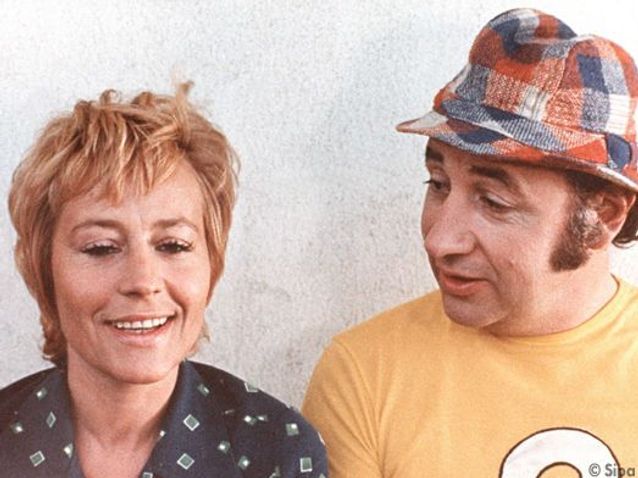"French soldiers spread the disease across much of Europe, and then it moved into Africa and Asia. Many called it the French disease. The French called it the Italian disease. Arabs called it the Christian disease. Today, it is called syphilis." (via)
In England and Ireland, syphilis was named after two enemies of the English crown: the French or the Spanish disease, the latter being popular in Spain's enemies, such as Portugal, the Netherlands, and North African countries, but also Denmark. In Poland, it was the German disease, in Russia it went by the Polish disease. The furher away from Europe, the more these distinctions based on hostile attitudes blurred into one. In the Ottoman Empire and on the Indian subcontinent, syphilis simply became the European or Christian disease (via).
The “French disease” as the English long called it, is an infamously “othered” illness. In 2014 academics in Bucharest traced its linguistic history and found that, even as the English used to call it the French disease, the French called it the Neapolitan one. The othering didn’t stop there. The Russians called it Polish, the Poles called it German, the Germans called it French and the Danish called it Spanish. The Turks eschewed nationalism for sectarianism, calling it the “Christian disease”, while, as the researchers observed: “in Northern India, the Muslims blamed the Hindu for the outbreak of the affliction. However, the Hindu blamed the Muslims and in the end everyone blamed the Europeans.” (via)































